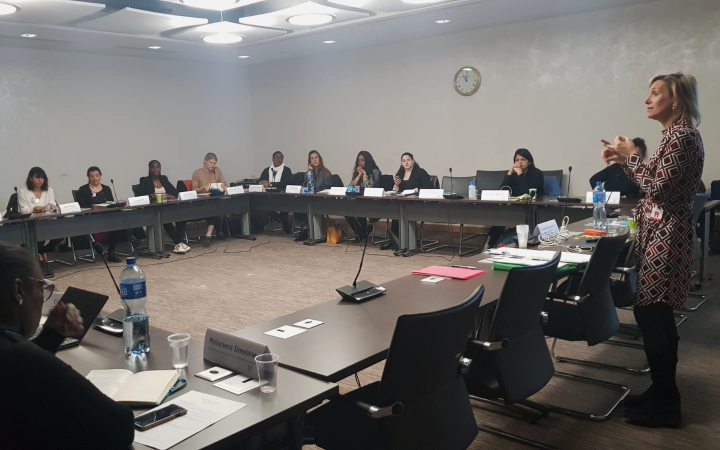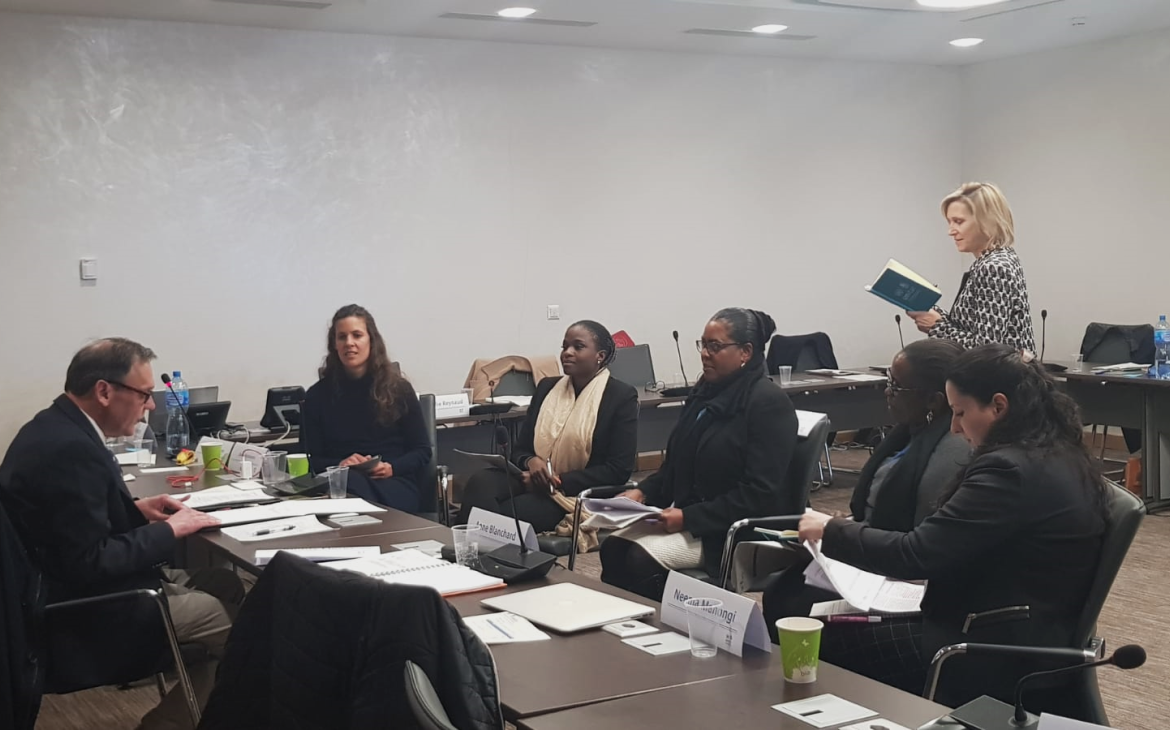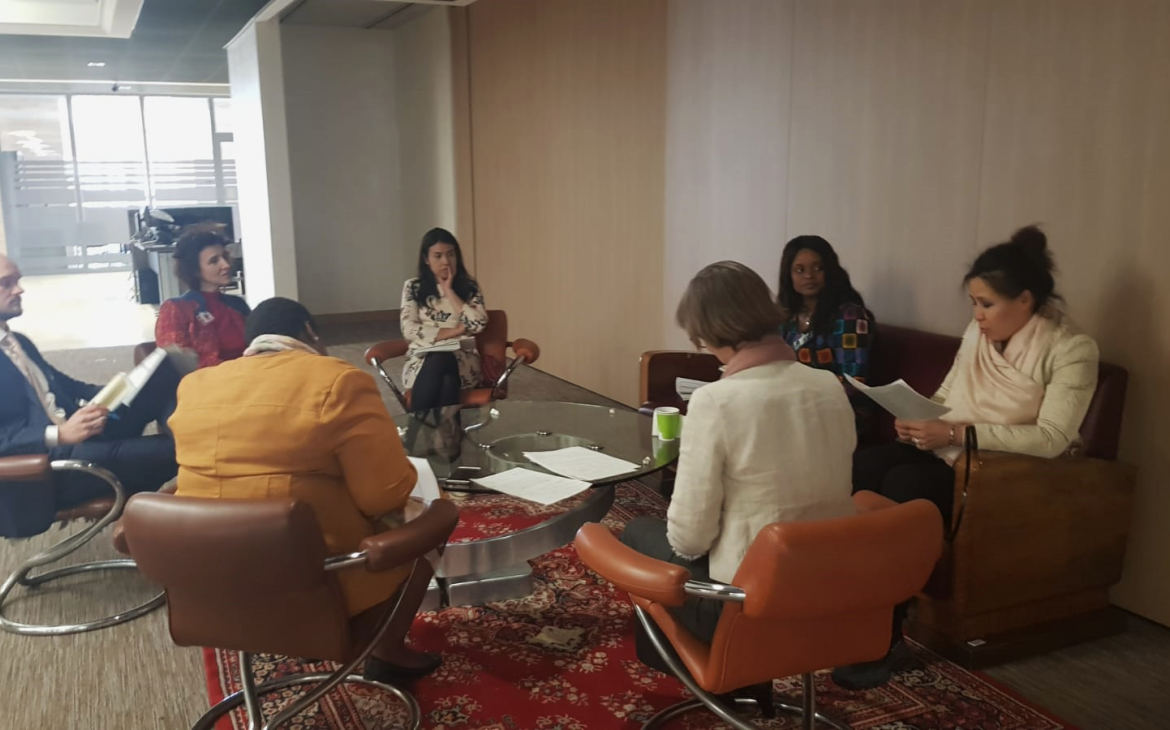17 May 2019, Geneva, Switzerland - A vital skill set indispensable to the work of diplomats and global actors is the ability to engage relevant stakeholders in effective negotiation processes needed to drive action and build consensus among parties. It is therefore important for them to prepare ahead and equip themselves with the relevant communication and interpersonal skills as well as understanding the various negotiation contexts that exist, identifying tensions and facilitating their peaceful resolution.
With the aim of transmitting these skills in participants of its Executive Diploma in Diplomatic Practice, the Division for Multilateral Diplomacy (DMD) of the United Nations Institute for Training and Research (UNITAR) successfully hosted a workshop on Advanced Negotiation Skills and Techniques at the Palais des Nations on the 6th and 7th of May 2019.
The workshop was facilitated by Ms. Michele Pekar-Lempereur, a senior negotiation trainer with over 19 years of experience in corporate executive education and in international organizations and the acclaimed negotiator’s companion text The First Move. It included sessions on preparing complex negotiations, as well as handling leadership and negotiation in a crisis. This involved learning how to manage the 3 pillars involved in negotiation preparation, namely, people, problems and processes. Participants learnt how to build trust and exercise empathy as well as identify relevant stakeholders and their motivations.
Participants also welcomed the array of simulations used to enhance their practical mediation and negotiation skills, enhance their perception of the responsibilities that come with the varying levels of power and resources available to parties, and also to understand the roles and principles of leadership in responsible decision making. This workshop was a buildup on the basic negotiation skills and techniques imparted at an earlier edition in September 2018 and was part of the series of Core Diplomatic Trainings for the Executive Diploma in Diplomatic Practice.




